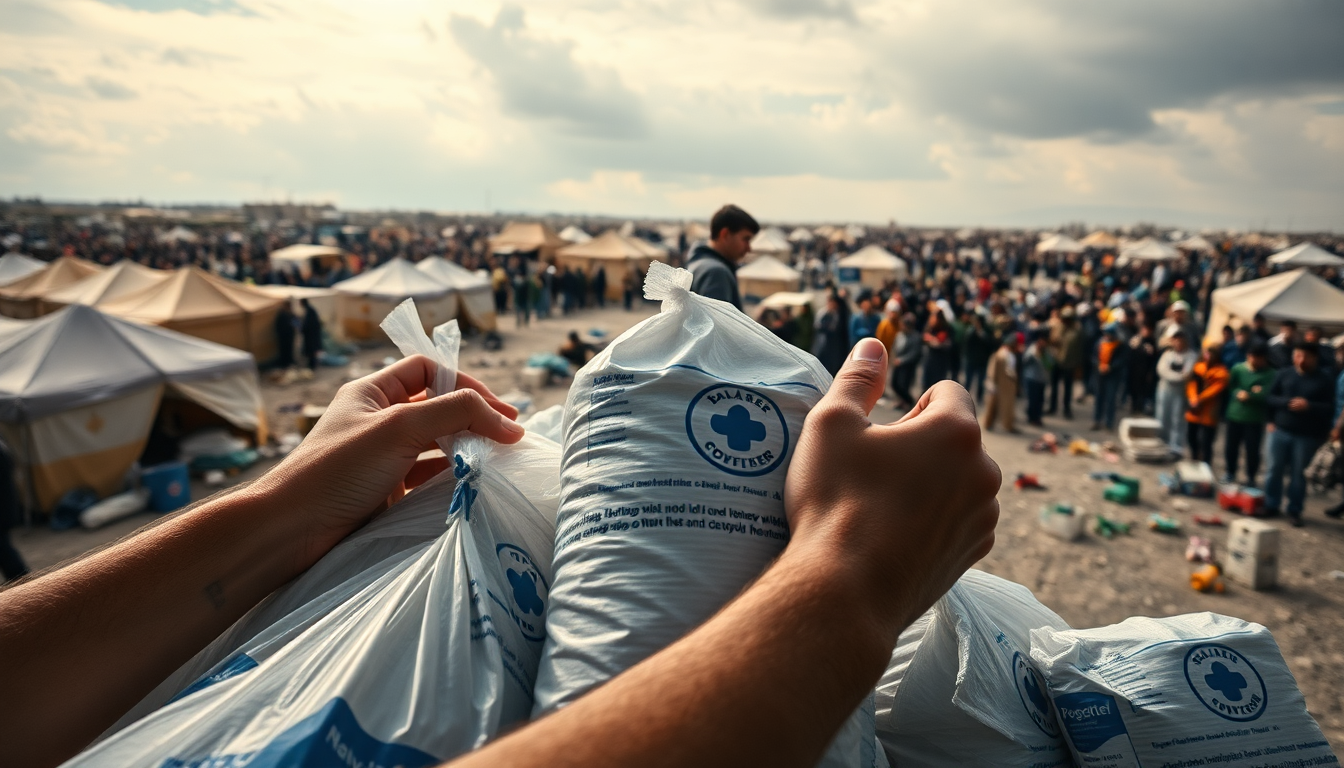Table of Contents
The humanitarian crisis in Gaza has reached alarming levels, and the stories pouring in from the ground are both urgent and heartbreaking. Eyewitness accounts from former guards at aid distribution sites reveal a stark reality that many of us might not fully grasp.
As the death toll from famine continues to climb, understanding the complexities of this crisis becomes more crucial than ever. In this article, we’ll explore the situation through the eyes of those who’ve witnessed it firsthand, while also considering the recent visits by international officials.
Eyewitness Perspectives on Aid Distribution
Former guards at aid sites have bravely stepped forward to share their experiences, providing a glimpse into the significant challenges faced by both aid workers and those in desperate need. Their unique perspectives are invaluable, offering a window into the distribution process and the harsh realities many families endure daily.
What are the major issues they’ve highlighted? Inadequate supplies and an overwhelming demand for food and medical assistance.
One former guard pointed out that the sheer scale of need far surpasses the available resources. Despite the tireless efforts of various organizations, countless families remain without essential supplies, leading to growing desperation in the community.
As the humanitarian situation deteriorates, the number of people relying on aid continues to surge. Can you imagine the anxiety of waiting for help that never fully arrives?
Furthermore, these guards emphasize the perilous conditions in which aid is delivered.
Ongoing conflicts create an unpredictable environment that complicates the already daunting task of delivering assistance effectively. The tension between security forces and civilians can escalate in an instant, making every delivery a potential flashpoint.
The Role of International Officials and Ongoing Challenges
As the crisis deepens, US special envoys have recently visited Gaza to assess the situation firsthand. Their observations paint a poignant picture of the urgent need for a coordinated response to this unfolding humanitarian disaster. During these visits, officials have been confronted with the stark realities on the ground, where the looming threat of famine is palpable.
While international attention is vital, these reports stress that tangible aid must accompany diplomatic discussions. The situation demands not only immediate relief but also long-term strategies that address the root causes of the crisis. How can we ensure that these discussions translate into real-world solutions?
As scrutiny from the international community intensifies, amplifying the voices of those affected is essential. The testimonies of survivors and aid workers provide critical insights into the ongoing struggles of the people in Gaza. It’s imperative that addressing their humanitarian needs stays at the forefront of any international response.
Future Implications and the Need for Sustained Support
The humanitarian crisis in Gaza isn’t just a fleeting issue; it carries profound implications for the region’s future. As the world watches, it’s essential to recognize that the effects of this crisis will echo far beyond immediate needs. Without adequate support and intervention, the potential for long-lasting trauma and instability is significant. How many more lives will be impacted if we don’t act now?
Looking ahead, collaboration between global leaders, NGOs, and local organizations is more crucial than ever. We need a multifaceted approach that addresses immediate needs while also laying the groundwork for sustainable development. This is how we can empower the people of Gaza to rebuild their lives and communities.
In conclusion, the situation in Gaza calls for urgent action and an unwavering commitment from the international community. By listening to the stories of those affected and responding with both compassion and strategy, we can help alleviate suffering and foster a more stable future for the region. Are we ready to take that step together?





